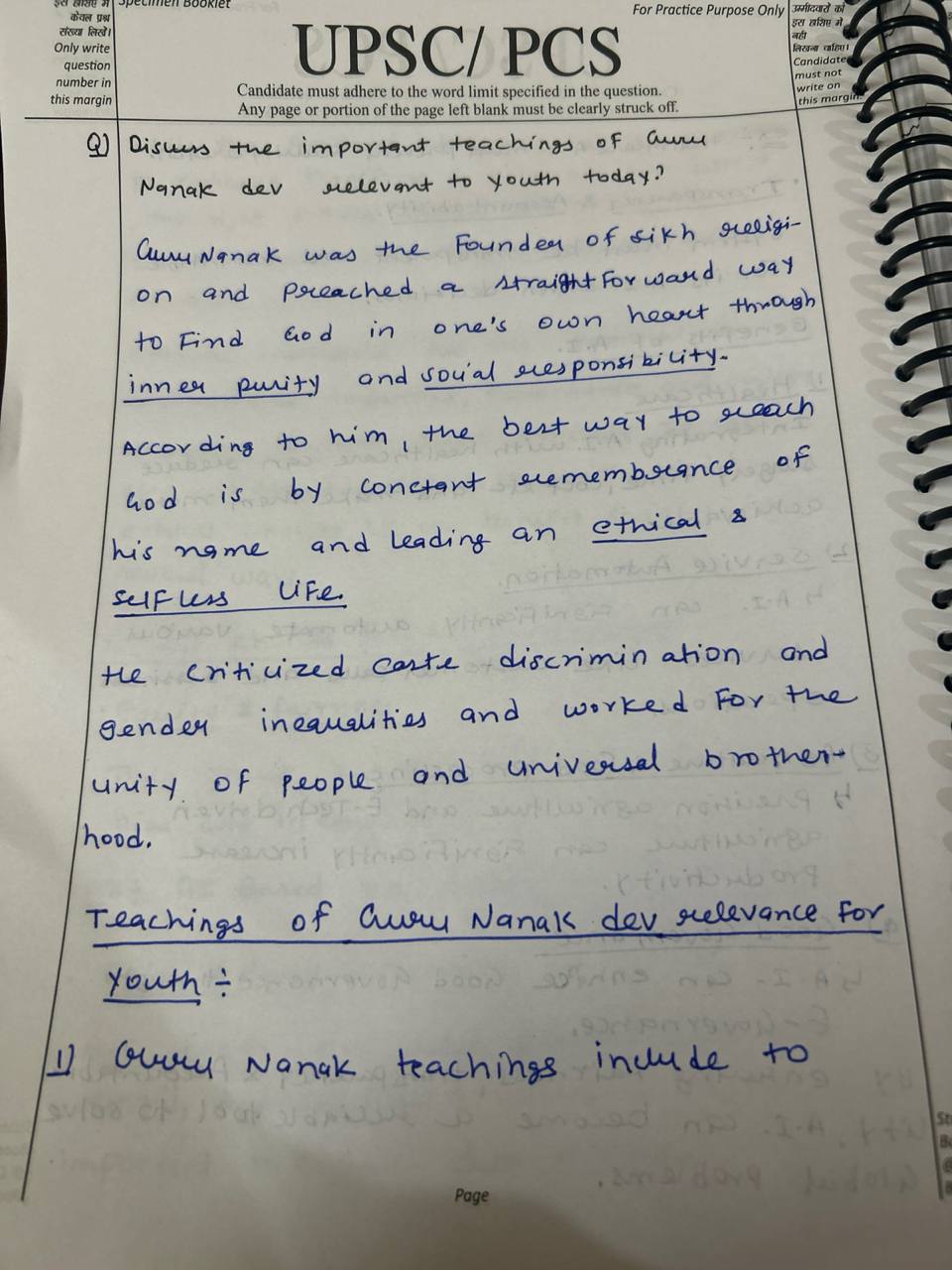Indian culture was greatly influenced by colonialism especially by the British colonial rule and this had its negative and positive effects. Despite being exploitative, colonialism led to major transformations in different spheres of Indian society. Positive Impacts • Introduction of Western EducatiRead more
Indian culture was greatly influenced by colonialism especially by the British colonial rule and this had its negative and positive effects. Despite being exploitative, colonialism led to major transformations in different spheres of Indian society.
Positive Impacts
• Introduction of Western Education: The British made establishments of schools and universities so they introduced modern education. Some of the early institutions include the University of Calcutta established in the year 1857 and the Indian Institutes of Technology (IITs).
• Social Reforms:Colonial rule, led to a situation where there were various social reform movements across the globe particularly in England.Posters and pamphlets which discouraged practices such as Sati and child marriage were made by preformationists like Raja Ram Mohan Roy leading to the formation of early laws that banned matters like Sati in 1829.
• Legal and Administrative Reforms: Codification of laws and bringing in the modern system of administration facilitated the process of unification and modernization of Indian legal and bureaucratic systems.
Negative Impacts
• Cultural Degradation:Colonial policies often undermined traditional Indian culture. The imposition of English as the medium of instruction. This act made the English language to be more dominant and virtually replaced local languages and literature.
• Economic Exploitation: The economic policies of Britain cliqued the developmental process of the traditional industries of India particularly textile etc. and due to which the rate of poverty and famine also increased. The idea discussed by Dadabhai Naoroji concerning the drain of wealth described the economic colonization by foreign rulers.
• Social Disruption: Division of people into groups(Divide and rule policy) was one of the main aspects of British ruling policies that resulted in long-term division of the society. One of the policies that divided people along religious line is the partition of Bengal in 1905.
Colonialism had different impacts on Indian culture which were either beneficial or detrimental. On one hand, it introduced the system of current education and social change; on the other, it led to cultural declination and economic exploitation. Primarily, colonization disrupted Indian society and its consequences are still evident in different forms in present day society.



Replacing human teaching with AI teaching 100% could bring both benefits and challenges. AI offers personalized learning experiences, adapting to each student’s pace and learning style. It can provide instant feedback, access to vast information, and innovative ways to engage students through interaRead more
Replacing human teaching with AI teaching 100% could bring both benefits and challenges. AI offers personalized learning experiences, adapting to each student’s pace and learning style. It can provide instant feedback, access to vast information, and innovative ways to engage students through interactive and multimedia content. Additionally, AI could help bridge educational gaps in underserved areas, offering quality education where human teachers are scarce.
However, there are significant downsides to this approach. Human teachers bring empathy, emotional intelligence, and the ability to inspire students in ways that AI cannot replicate. Education is not solely about transferring knowledge; it’s also about developing social skills, critical thinking, and emotional growth, which are best nurtured through human interaction. The absence of human teachers could lead to a loss of these essential elements, making education more mechanical and less holistic.
Moreover, AI systems might reinforce existing biases or lack the cultural sensitivity that human teachers provide. A hybrid approach, where AI complements human teaching rather than replacing it, could offer the best of both worlds, combining technological efficiency with the irreplaceable human touch.
See less